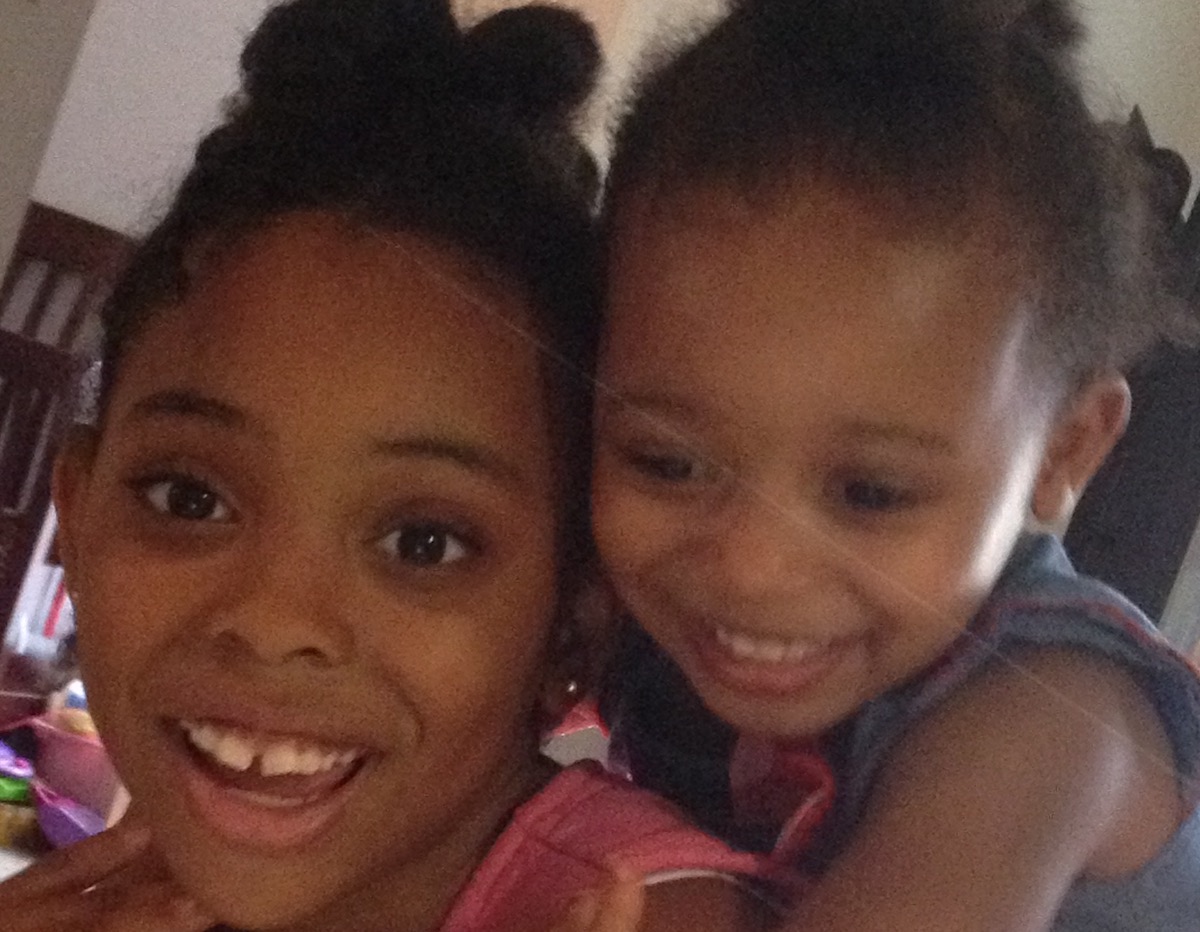
A reflection for Mother’s Day
As workers in the fight for racial justice and equity, our experiences and the issues we address as staff at EJUSA indelibly reflect within our daily lives. As team members, we talk explicitly about the challenges of race within criminal justice, social and economic equity, and the gamut of issues our nation faces and their impact on traction in our work. Our passion, planning and movement-building happens with analysis and clarity on the end goals.
For those of us with children, we go home to the realities of what race means in our lives and the inevitability of having to discuss race and answer the questions our children may ask in the midst of the chaos and injustice.
After talking with my colleague, Sarah, about how we talk with our children about race, the stark differences were amplified between the way she, a white parent, and I, a black parent, talk to our children. Sarah really wanted to get help with an issue she’d been struggling with: “How do I teach my son to call 911 when there’s an emergency but at the same time tell him not to talk to police? And how can I inject lessons about race when he’s just 4 years old?” She shared how he’d learned in school about police being your friend and how to talk with police. Her challenge of juxtaposing that with the realities of police violence is something she couldn’t reconcile. When does she expose him to racial injustice, to 12-year old black boys getting murdered by police for playing with toy guns?
Those questions are a luxury not afforded to me. It felt foreign to think about strategies of having “the conversation,” like Sarah was. For me, it’s not like preparing for the “birds and bees” talk. As a mother of two black daughters, the wife of a black man, there is no decision about whether to expose them to issues of race. There is not a moment when race doesn’t intersect our lives as we watch news briefs or grapple over the dinner table about the ways we are perceived. As a transplant to the South where racism is wallpaper, race drives why I advocate for equity in my oldest daughter’s education – there is a question as to why, at seven years old, she is so advanced. That coded language leaves no room for anything but my voice and teaching my daughter to craft hers.
I am the child of parents who didn’t sugarcoat racism and its effect on my family or black people. My family is not exempt from the harm of a criminal justice system whose effects still ripple in our lives. We recognize the pain of racism in employment and housing and the “surprise” that I was raised in and am raising my children in a two-parent home. I cannot hide our daughters from this, or from the murders of Trayvon Martin, Rekia Boyd, Akai Gurley, Sandra Bland, or from the fact that black people are more criminalized than any other race. Our truth lies in our daughters hearing us say that if Tamir Rice were a 12-year old white boy, he would have been asked to put down the gun, talked to, and possibly driven home to his family. He would have lived to see another day. Straight talk may not be the practice of other black families. For us, it is a fabric of our life.
There is a level of respect I have for Sarah and others who are making the effort to find ways to share lessons with their children, or nieces and nephews, which give some context for the chaos that is American racism. I appreciate that it is hard for white parents who recognize racial injustices to tell their children to respect police, that their role is to protect and serve.
As a mother of black children, as a black woman, telling my children to respect police won’t change the high possibility of an attack on them. I’m not convinced that the police will help me or mine. I worry daily about my daughters’ fears, emotions, and the stress that racism weighs and will weigh upon their lives as I try to prepare and protect them from something for which I have no control.
That is hard to hold.
But these conversations between Sarah and me that expose our differences must be had in order to gain understanding and reconciliation – no matter how uncomfortable or foreign they seem, from either lens.
A question for me remains: What does her luxury feel like?



